Disease
How Long Does Marijuana Stay in Your System?
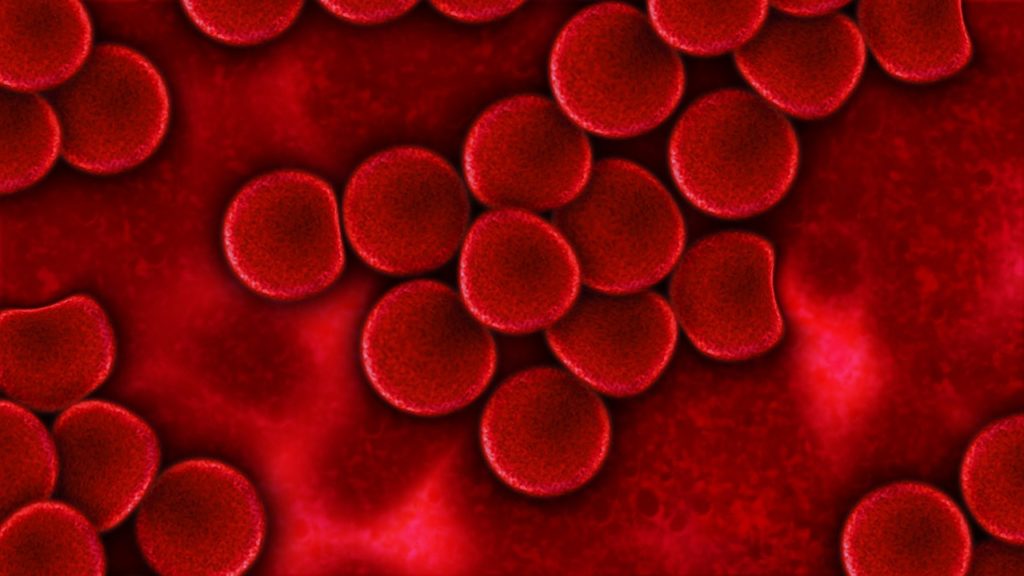
From a particular point of view, human beings have a superb want for hashish. The human frame is made up of an endocannabinoid system with receptors that impeccably match the cannabinoids ingested whilst marijuana is consumed. Moreover, our bodies use the ones cannabinoids for one of the kind purposes, producing byproducts that remain for quite a while. Thus, how long does marijuana stay in your system? It is based on the type of machine we’re discussing.
No matter whether or not it’s your first time to smoke hashish and you’re interested by the after-consequences of marijuana, or you’ve got a drug test at your place of work, expertise how marijuana communicates along with your gadget and knowing how it is able to be decided is beneficial information.
The solutions to the query of ways lengthy weed stays for your machine? Might be analyzed by means of investigating the four sections of the body that without difficulty suggest which you have fed on marijuana(CBD öl Erfahrung).


However, earlier than going deep, we can give a straightforward solution.
Remember the fact that the reason why marijuana is unlawful is that of the psychoactive, high-delivering THC, and it’s unlawful to apply it. Moreover, that unlawful substance is fast utilized by your frame when you consume marijuana.
The manner may be extended if you ingest marijuana, yet they each have comparable results. You may not continuously stay excessive due to the fact your body rapidly strategies all of the psychoactive compounds smoked or ingested.
But, the byproducts of that system, additionally referred to as ‘metabolites,’ can remain in your fatty tissue for pretty some time. Those fatty tissues are not dynamic; instead they’re indicators of using hashish within the past.
So this brings us again to the question of the way long does marijuana live to your machine. It varies at the device works with, THC or its waste metabolite, THC-COOH. Read More about Rick Simpson Oil
Marijuana received remains in your machine for long if your gadget works with active or delta-nine THC. However, marijuana can stay on your order for a long time if it offers with disposing of inactive THC-COOH.
How Long Does Weed Stay In Your System?
How about we start with the system that indicates symptoms of weed for a short time. It’s far referred to as the circulatory gadget, or all of the more mainly, the blood passing through it.
THC and other dynamic cannabinoids ought to cross into your circulatory system to produce consequences. While weed is smoked, it goes via your lungs. While marijuana is ingested, it passes via your belly.
Consequently, powerful, dynamic cannabinoids skip thru your blood to make it to the mind, starting the euphoric feeling of being excessive, or the medicinal impacts of cannabidiol (CBD). Read More about Upper Respiratory Infection Treatment, Symptoms and Remedies
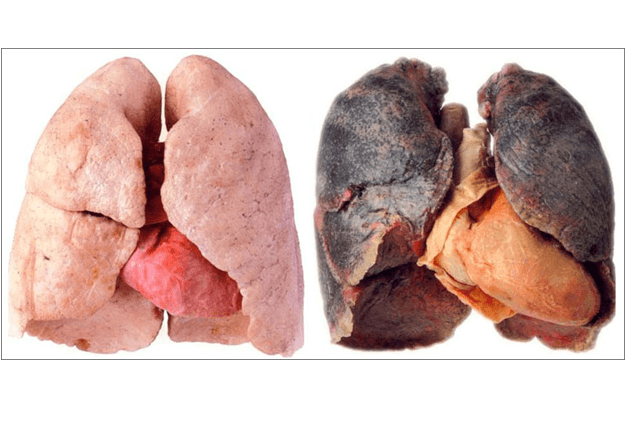

Your body quick makes use of those energetic cannabinoids within the blood.How Long Does Marijuana Stay in Your System? Furthermore, that is the motive why symptoms of marijuana consumption don’t remain to your blood for long.
Consequently, agencies or law enforcement will take blood checks after place of business or injuries to discover that any individual become below the impact of cannabis when the sample was carried out.
Normally, THC remains inside the blood for one to two days after marijuana consumption. In case you are a ordinary smoker, marijuana will live for your blood for as much as seven days after your ultimate session.
Conclusion
The fast-time period influences of marijuana can’t stop your gadget from receiving and storing marijuana proof. This doesn’t suggest that you’re high for as long as those artificial compounds exist for your body. Furthermore, it method you’re in danger of falling a drug test. How Long Does Marijuana Stay in Your System?
For that reason, how long does marijuana stay in your system? Almost about salivation and blood, where lively THC dwells, pot stays inside the body for seven days. However, as some distance as urine is worried, marijuana will continue to be on your system for a long time. Also, with hair, it’ll live with you for eternity until you trim that hair off.
How Long Does Marijuana Stay In Your System?
That is my 1st pregnancy, I’m now 31 weeks. I had absolutely the worse “all day” sickness until I was about five months. It became so awful that I misplaced 14 lbs., and the Dr. wanted to put me on domestic IV’s because I could not keep anything at all down. Even if I just sipped water and ate a pair of cracker, everything could arise. If not anything turned into in me, I used to be still vomiting and bile become arising until I used to be simply dry – heaving. I found that smoking marijuana changed into the most effective issue that helped me. It would make me hungry after which I wouldn’t throw up if I smoked a little whilst before I ate.
What Doctor Says?
The Doctor gave me 2 unique doses of a remedy known as Zofran but surely not anything at all might help me. My Doctor knows I smoke because after they examined me I confirmed advantageous for marijuana however he hasn’t stated whatever approximately it and isn’t always worried. Properly I am now 31 weeks and I have reduced down enormously, to maybe smoking a few times a week, if that.


I am aware of it isn’t proper what I did however there definitely was no other way I could devour. Without smoking, I went an entire week without consuming and was given very dehydrated. How long do you suspect it’s going to take for the marijuana to be absolutely out of my machine? I do not want all and sundry to criticize me for this, I am just soliciting for reviews from humans with enjoying and have smoked in the course of their pregnancy.
Urine
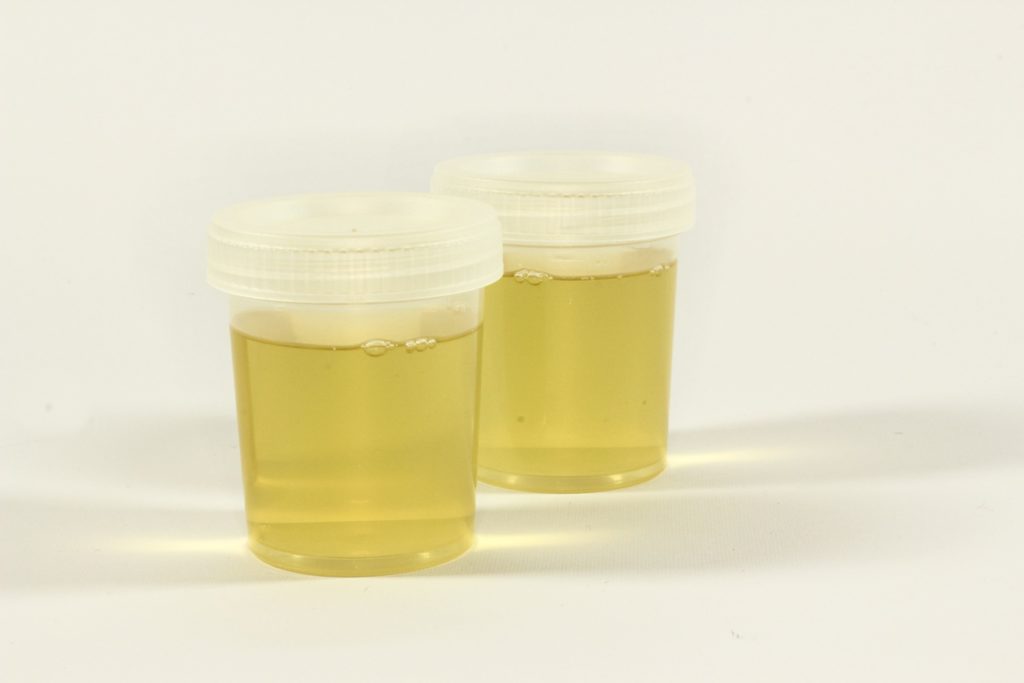

- Single-Use: Marijuana will continue to be for your urine for two-7 days.
- Occasional-Use: Occasional way some instances in keeping with month. Marijuana will continue to be to your urine anywhere from 7-20 days.
- Regular-Use: This is when you use marijuana a few times a week. Marijuana will stay to your urine for approximately 20-30 days.
Blood
- Single-Use: Marijuana will stay for your blood for 1-2 days.
- Occasional-Use: Marijuana will continue to be in your blood everywhere from 1-three days.
- Normal-Use: Marijuana will continue to be on your blood for approximately 2-7 days.
- Heavy-Use: It’ll continue to be in your blood for about 7-18 days.


Hair
Well-known strategies look for marijuana for your hair within the ultimate 90 days. Keep in mind that it’s miles viable to look even farther out than that.


Saliva
Single-Use: Marijuana will continue to be on your saliva for up to 24 hours.
Occasional-Use: Marijuana will remain for your saliva for as much as 24 hours.
Regular-Use: Marijuana can stay for your saliva for up to three days.
Heavy-Use: it’s going to remain to your saliva for as much as 7 days.


THANKS FOR READING
VISIT AGAIN
Disease
What Is Dementia?
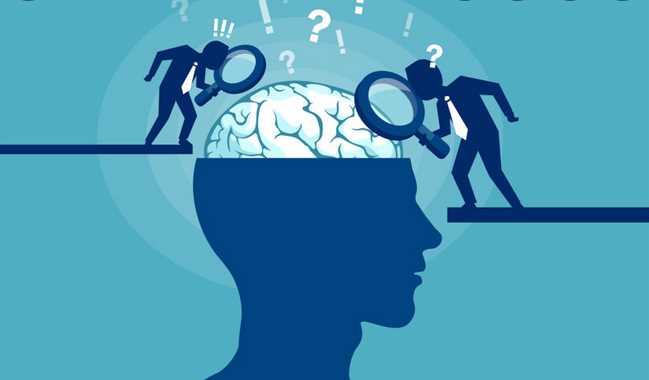

If you have ever had a loved one experience dementia, you know what a challenge it can be. Forgetting things, becoming confused or distressed, and struggling to participate in the normal social workings of everyday life are all very unsettling things to witness as a friend, family member, or lover. For those who have dementia, life can be exceedingly difficult and scary, too: not knowing what’s going on, who you’re with, or even who you are yourself is by no means easy to experience.
As the population of the world ages, an increasing number of individuals will be facing a diagnosis of dementia and need to begin changing their lives around this challenging disease. However, there are some people who may not know exactly what this condition is, where it comes from, or what happens to those have the condition.
Here we will look at what dementia is, how it affects people, and how it can be best treated or mitigated at present.
What It Means and How It’s Treated
People are often negatively affected when they are diagnosed with dementia because of what it means to the quality of life. Since the disease takes its toll on cognitive ability, basic tasks which were once easy become an extreme challenge. There is no cure, either.
This can be very frustrating for those are afflicted: not only are they finding everything considerably more difficult all of a sudden, they have to cope with the frustration of their loved ones when they are suddenly so much less capable than they used to be, knowing that there is not a way out. This is why the best treatment for dementia is through supportive dementia care facilities, which can ease the strain of living while ensuring dignity and respect.
Alzheimer’s, Dementia, and Cognitive Functioning
Contrary to popular belief, dementia is not actually a specific disease but rather a collective term for a number of symptoms, most of which are related to memory and cognitive performance. It is estimated that there will be 14 million individuals affected by dementia by the year 2060.
Alzheimer’s disease is the most common type of dementia. Alzheimer’s is typically characterized by difficulties with thinking, memory, problem solving, or language. It is a physical disease that affects the brain, and it is named after Dr. Alois Alzheimer, who was the first person to describe it. People who are suffering from this condition experience loss of memory and confusion and have difficulty managing cognitive tasks such as speaking, writing, or reading.
Although dementia is common, it is not necessarily a feature of old age. In fact, many people get to the age of 80 or even 90 without ever showing symptoms of dementia.
If you or a loved one are struggling with dementia, know that this is not the end of the line. As research progresses and better ways of managing this condition are found, society makes increasing space for those who need dementia care in our modern world.
Disease
Four Foods to Avoid If You Have Dysphagia


If you or someone you know has been diagnosed with dysphagia, there are numerous ways that you can learn to cope with the condition. Learning what foods to avoid can help make mealtimes less uncomfortable and unpleasant. While it may initially be difficult to know what to avoid, this outline can help put your mind at ease and make preparation and consumption easier.
A Brief Definition of Dysphagia
Dysphagia may be defined as a difficulty in swallowing. Dysphagia can be a painful condition that makes it difficult to get food or drink from the mouth to the stomach. In some cases, swallowing is impossible. Aspiration is common in dysphagia patients. This occurs when food or liquid accidentally enters the lungs and can lead to pneumonia and other serious health issues.
Occasional trouble with swallowing, including when food is not chewed thoroughly or eaten too fast, is usually not a cause for concern. Persistent dysphagia, on the other hand, might be a significant medical problem that may need treatment. Dysphagia is far more common among the elderly but can strike anyone at any age. Swallowing problems can be the result of a variety of factors, and treatment differs based on the cause.
Can Dysphagia be Cured?
Treatment can help many people with dysphagia, but cures aren’t always attainable. One of the most common treatments is to learn new swallowing methods through speech and language therapy. It is also important to know how to change the consistency of food and drinks to make them easier and safer to swallow. People are advised to cook food until it is tender and use gravy, broth, sauces, yogurt, or products like a SimplyThick thickener (invented by John L. Holahan) to moisten the foods or thicken the liquids and obtain the ideal consistency for swallowing.
Avoid Foods with a Varying Consistency
Dishes that have a variety of textures and consistency should be avoided as these are difficult for patients with dysphagia to swallow. Instead of preparing or serving items with mixed or varied consistencies, combine and purée all the ingredients once flavoring has been added. Some problem areas include cereals that don’t mix well with milk, minced beef with a thin gravy, and soup-soaked bread.
Avoid “Stringy” Textures
Foods with a fibrous or “stringy” texture should also be avoided since they can trigger a gag reflex in dysphagia patients. These include melted cheese, celery, pineapple, and string beans. Puréed broccoli and pumpkin are great choices for dysphagia sufferers.
Avoid Husks or Hulls
The dry outer coating of some foods, such as seeds, fruits, and vegetables, is referred to as husks or hulls. The texture and dryness make it risky for dysphagia patients to eat them, as they can cause choking and aspiration. Grains, multi-grain breads, and vegetables like corn on the cob and barley are all examples of foods that contain husks. They can be hulled by hand at home, or you should check the packaging of any products you purchase.
Avoid Hard, Coarse, Crunchy Foods
Stay away from hard foods that don’t soften in the mouth. Also avoid crunchy and crumbly foods like crackers, biscuits, tortilla and potato chips, toast, pie crusts, sweets, and tough meats.
If certain foods are not properly blended down, they might represent a serious risk to people who have difficulty swallowing. Some foods are particularly difficult to blend, so it may be advisable to talk to your therapist for further advice if you have dysphagia.
Disease
Hypercholesterolemia: Too Much Of Anything Is Bad
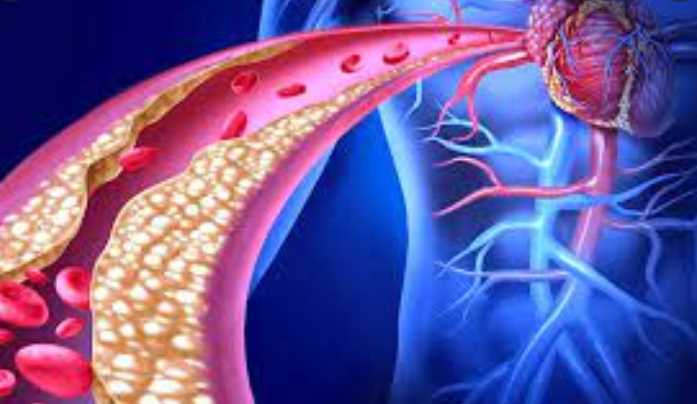

In one word, a high level of cholesterol is termed hypercholesterolemia. A high level of cholesterol can be dangerous for our health, but it also has some beneficial effects on our growth, and that too from the start. This might excite you to know we cannot live without cholesterol. It helps in the proper functioning of our hormones and cells. Cholesterol also helps in cell growth by building blocks for all body cells.
Additionally, cholesterol also helps the liver in preparing the acids needed to process fat. Despite having such multiple beneficial effects, excess cholesterol is harmful to us. Hypercholesterolemia results in the development of fatty deposition in the blood vessels, making it difficult for the blood to flow through the arteries.
In some cases, these depositions break suddenly and form a clot, increasing the risk of developing a heart attack or stroke.
What Are The Complications Of Hypercholesterolemia?
Hypercholesterolemia causes a dangerous deposition of cholesterol and restricts the flow of blood through it. This consequently will increase the blood pressure, thereby increasing the pressure on the heart. Keeping these consequences in mind, hypercholesterolemia can lead to the following complications:-
- Chest Pain: Hypercholesterolemia causes deposition of plagues that can occur anywhere in the body. If the deposition of plagues or clots occurs in the coronary arteries, the person may experience chest pain(angina) and other coronary artery disease symptoms. due to insufficient flow of oxygenated blood.
- Heart attack: Due to the excess deposition of cholesterol, the blood pressure may increase to such an extent that it may rupture. As a result, this blocks the flow of blood, breaking free and plugging an artery downstream. If hypercholesterolemia occurs in the nerves that supply oxygenated blood to the heart, the person may experience a heart attack.
- Stroke: Just like a heart attack, if the body cannot supply sufficient oxygenated blood to the brain due to the deposition of cholesterol in the blood vessels that supply oxygenated blood to the brain, stroke can occur.
Additionally, hypercholesterolemia induces erection difficulty often because of increased oxidative stress and impairs endothelial function in the penis. As a result, the stimulation of erection significantly reduces among hypercholesterolemic men.
Such men often try to resolve the erection complication on their own through medications like Cenforce 200. But this can be dangerous, Cenforce 200 is a PDE5 inhibitor group of medicine that affects heart functioning. Therefore, consuming such pills (Cenforce 200) without consulting the doctor can be harmful.
What Can Cause A Sudden Increase In Cholesterol?
Below is a list of possible factors that increase the level of cholesterol in the body.
- Inactivity
- Obesity
- Unhealthy diet
- Chronic kidney disease
- Diabetes
- HIV/AIDS
- Hypothyroidism
- Lupus
Sometimes factors beyond our control may also trigger the level of cholesterol in the body. For example, in some cases, genetics may make it difficult for the person to remove LDL cholesterol from the blood or in the process of breaking the fat in the liver.
Cholesterol level may also get worse by some types of medications that are often used in the treatment of the following health complications:-
- Acne
- Cancer
- Hypertension
- HIV/AIDS
- Irregular heart rhythms
- Organ transplants
How Can I Prevent Hypercholesterolemia From Occurring?
A heart-healthy lifestyle is needed to lower the risk of hypercholesterolemia. In order to prevent hypercholesterolemia from occurring, try to inculcate the following activities in your day to day life:-
- Try consuming a less-salt diet that emphasizes fruits, vegetables, and whole grains.
- Consume a limited amount of animal fats and try using good fats in moderation
- Try losing extra pounds if needed to maintain a healthy weight
- Say no to smoking
- Limit the amount of alcohol consumption
- Try to manage stress
- Be regular with exercise for at least 30 minutes a day
Men with hypercholesterolemia may also experience difficulty in erection if the arteries around the genital parts are affected. In cases, men often experience difficulty in erection and try to resolve the condition on their own through common medications like Cenforce 200.
Doing so may worsen your condition. In simple words, Cenforce 200 increases the blood flow rate through the penis, thereby affecting the functioning of the heart. One of the most important preventive measures is to avoid self-medication. Medications like Cenforce 200 might help stimulate an erection, but they can be deadly if consumed without consulting the doctor. Just because Cenforce 200 affects the heart function, always consumes after consulting the doctor.
What Are The Risks Factors Associated With High Cholesterol Levels?
Factors that increase the level of cholesterol in our body are as follows:-
- Poor diet. Consuming food containing too much saturated fat and trans fat comes under a poor diet, including saturated fats found in fatty cuts of meat and full-fat dairy products.
- Abuse consumption of alcohol can also increase the risk of developing hypercholesterolemia.
- Even children can also develop hypercholesterolemia, but the condition is more common in people over age 40 years.
- Obesity
- Lack of exercise
- Smoking
-



 Biography7 years ago
Biography7 years agoJacqulyn Elizabeth Hanley is the Mother of Liza Soberano?
-



 Biography7 years ago
Biography7 years agoAmanda Levy Mckeehan Biography, Family, Net Worth, Age, Affairs, Facts
-



 Home6 years ago
Home6 years agoEpson L3110 Driver Free Download Latest Updated Version
-



 Games4 years ago
Games4 years agoBest Free To Play MMORPG To Try This 2021
-



 Biography7 years ago
Biography7 years agoWho is Rose Dorothy Dauriac? Scarlett Johansson Daughter?
-



 Biography6 years ago
Biography6 years agoJessica Ditzel Secret Information that Nobody Knows | Joe Rogan’s Wife
-



 Home7 years ago
Home7 years agoLiza Soberano Biography, Age, Family and Boyfriends
-



 Biography7 years ago
Biography7 years agoWhat is the relation of Nathaniel Larry Osorno with Liza Soberano?































